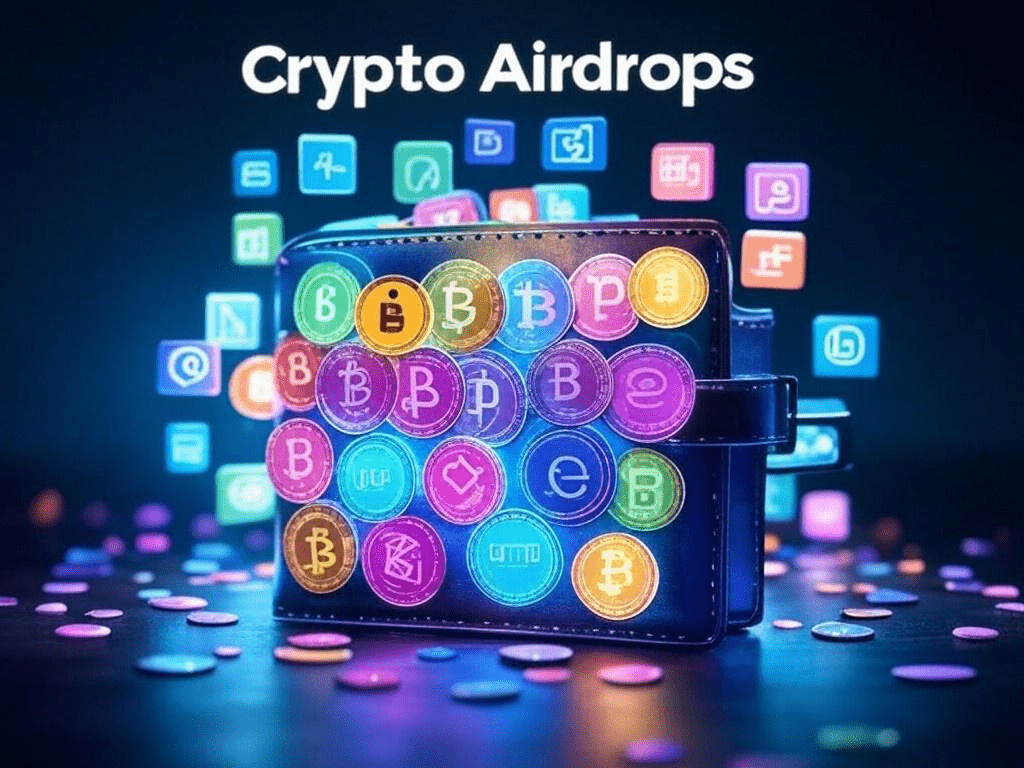Decentralized applications, commonly referred to as DApps, are reshaping the digital landscape. They offer secure, transparent, and decentralized solutions across various industries. Unlike traditional applications that run on centralized servers, DApps leverage blockchain technology. This ensures that data is immutable and distributed across a network of nodes. This decentralized nature allows DApps to offer greater security, privacy, and autonomy. As a result, they are becoming a cornerstone in the evolution of the internet, often dubbed Web3. As we delve deeper into the world of DApps, we’ll explore their functionalities and benefits. We’ll also examine the transformative impact they’re having on sectors like finance, gaming, and social media.

What is a DApp?
A dapp, or decentralized application, is a digital program that runs on a blockchain or peer-to-peer network. It does not rely on a single centralized server. This structure makes dapps inherently resistant to censorship. It also reduces the risks associated with single points of failure. This is a significant advantage over traditional applications. The primary distinguishing feature of Decentralized applications is that they operate autonomously, with no single entity having control over the application’s operation or the data it processes.
Dapps are integral to the Web3 ecosystem, which aims to create a more transparent and user-centric internet. A web3 dapp leverages blockchain’s smart contracts to automate processes, ensuring trust and efficiency without intermediaries. For example, in the financial sector, Decentralized applications can facilitate peer-to-peer lending and borrowing without requiring a traditional bank. This opens up a world of possibilities for creating more accessible, inclusive financial services.
The Growing Popularity of DApps
The popularity of dapps has surged in recent years, particularly within the cryptocurrency and blockchain communities. Networks like Ethereum, Binance Smart Chain, and Polygon have become hotspots for dapp development due to their robust smart contract capabilities. In particular, Polygon dapps have gained traction due to the network’s scalability solutions, which offer faster and cheaper transactions than some of its competitors. This has attracted developers looking to build scalable and user-friendly Decentralized applications across various domains, from decentralized finance (DeFi) to non-fungible tokens (NFTs).
One of the most notable dapps examples is Uniswap, a decentralized exchange (DEX) that allows users to trade cryptocurrencies without needing a central authority. Uniswap has become a model for other dapps due to its user-friendly interface and efficient use of smart contracts, which enable seamless and secure trading experiences. Another popular example is Axie Infinity, a blockchain-based game that allows players to earn cryptocurrency by participating in the game’s ecosystem, demonstrating how dapps can revolutionize the gaming industry.
Benefits of Using DApps
It provide several key benefits that differentiate them from traditional applications. Firstly, their decentralized nature means there is no central authority or server that can be compromised, which enhances security and privacy for users. Data stored on a dapp is distributed across multiple nodes, making it nearly impossible for hackers to alter or steal information. This level of security is particularly valuable in sectors like finance and healthcare, where data integrity is paramount.
Secondly, dapps offer a higher degree of transparency and trust. All transactions and data exchanges are recorded on a public ledger, meaning anyone can verify the operations of a dapp. This transparency reduces the chances of fraud and corruption, as all actions are visible and traceable. Additionally, the open-source nature of many dapps allows developers from around the world to collaborate, audit, and improve upon existing code, fostering innovation and ensuring robust security protocols.
Thirdly, these are designed to be censorship-resistant. Since there is no central authority that controls a dapp, it’s almost impossible for governments or corporations to shut them down or manipulate their operations. This makes dapps an attractive option for applications that require a high degree of freedom and autonomy, such as social media platforms that prioritize free speech.
NFTBOOKS and the Role of DApps in Publishing
The concept of dapps is not limited to finance or gaming; it also extends to the world of digital publishing. Platforms like NFTBOOKS utilize blockchain technology to offer decentralized, secure, and transparent solutions for authors and readers. By employing the principles of dapps, NFTBOOKS ensures that authors retain full control over their work, gain perpetual passive royalty income from subsequent sales, and benefit from a system free from intermediaries who might otherwise take a substantial cut. This innovative approach aligns with the decentralized ethos of dapps and showcases how blockchain can disrupt traditional industries, including publishing, by empowering users and creators alike. Just as other Decentralized applications have transformed their respective sectors, NFTBOOKS is pioneering a new era in digital publishing, providing a more equitable and efficient platform for literary content.
You might be interested in reading this Gas Fees in Blockchain Transactions as well.
Final Thoughts on DApps and Their Impact
The rise of dapps represents a significant shift towards a more decentralized and user-centric internet. By leveraging blockchain technology, dapps offer enhanced security, transparency, and autonomy. This makes them a vital component of the emerging Web3 landscape. While challenges such as scalability and user experience remain, ongoing advancements in blockchain technology are promising. The increasing interest from developers suggests that these applications will play a central role in digital applications. As the ecosystem evolves, dapps are poised to disrupt various industries. They offer innovative solutions that empower users and redefine traditional business models. Platforms like NFTBOOKS are leading the charge in publishing. This shows the vast and promising possibilities for dapps in creating more inclusive, transparent, and equitable systems.







